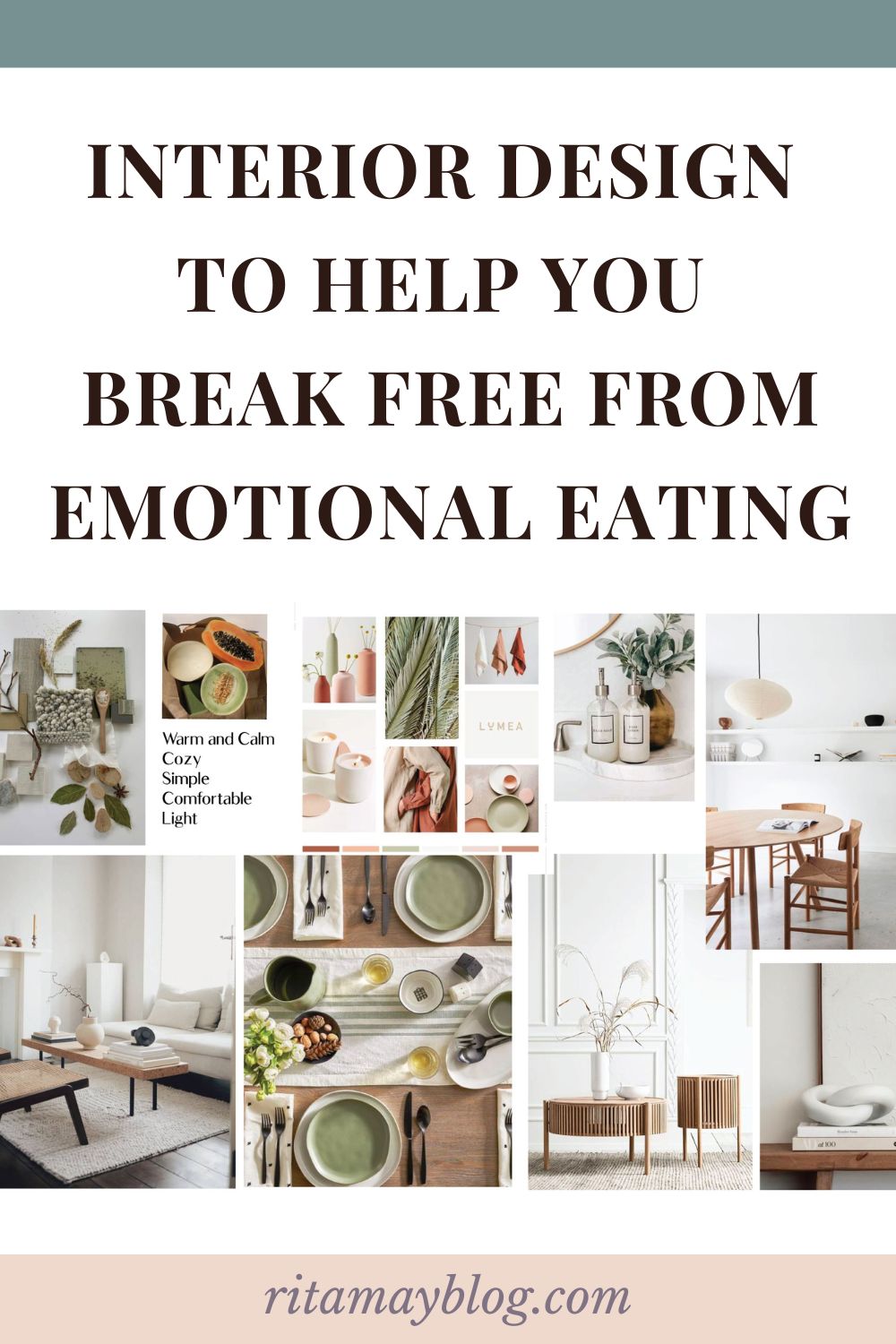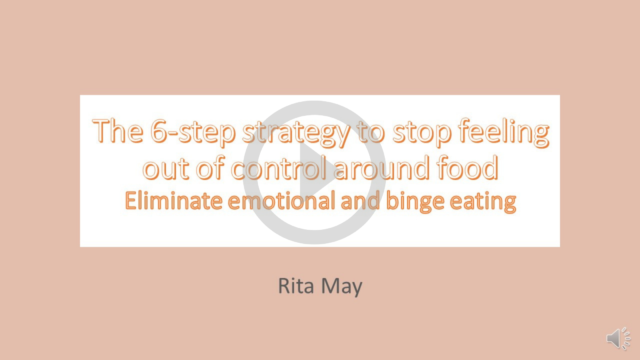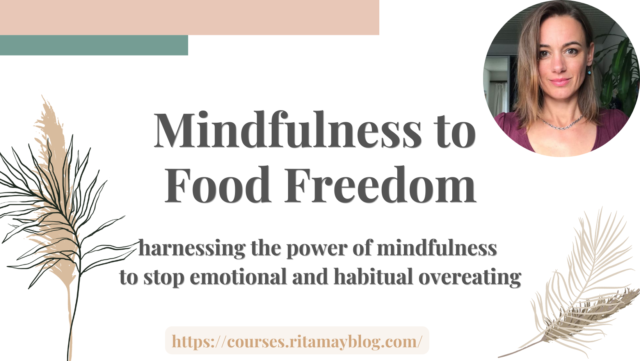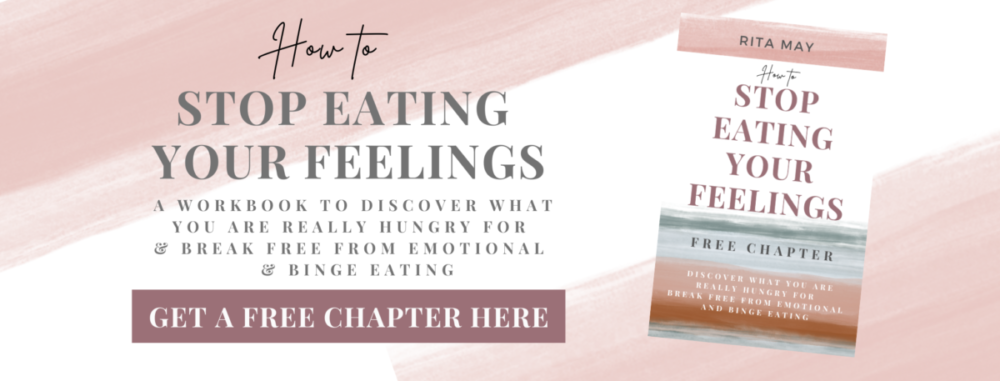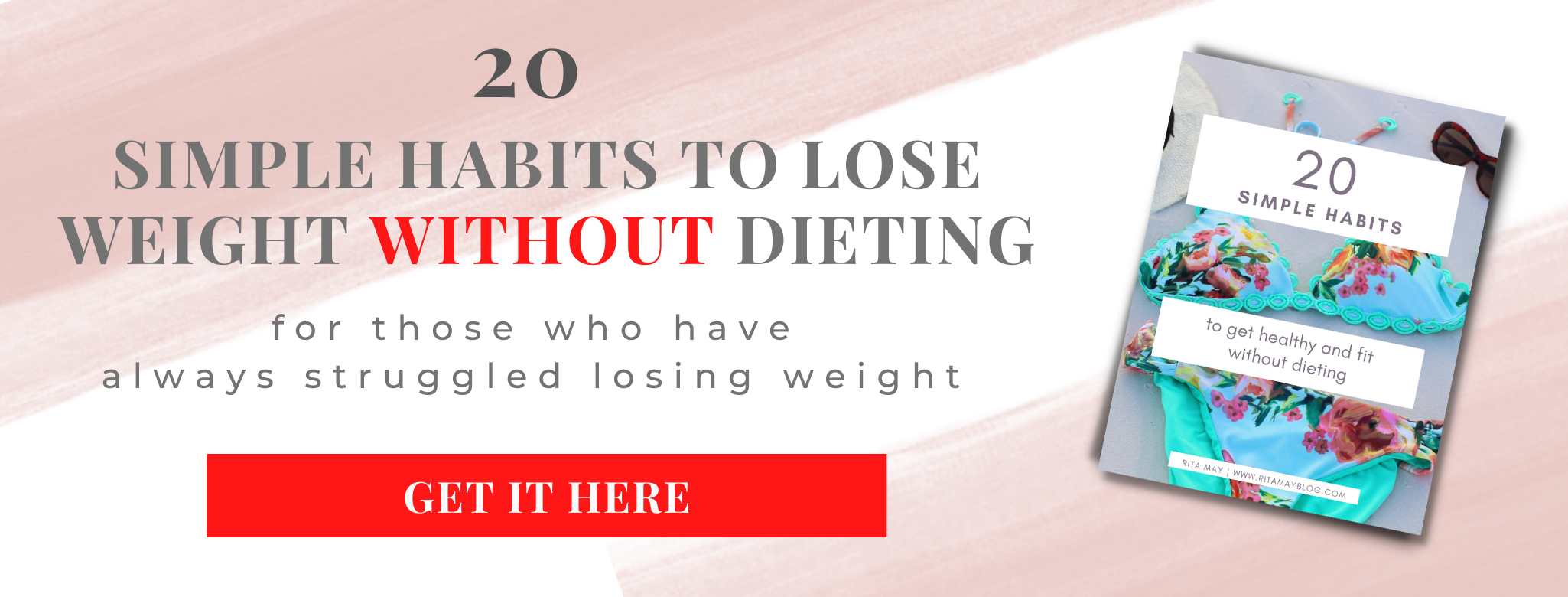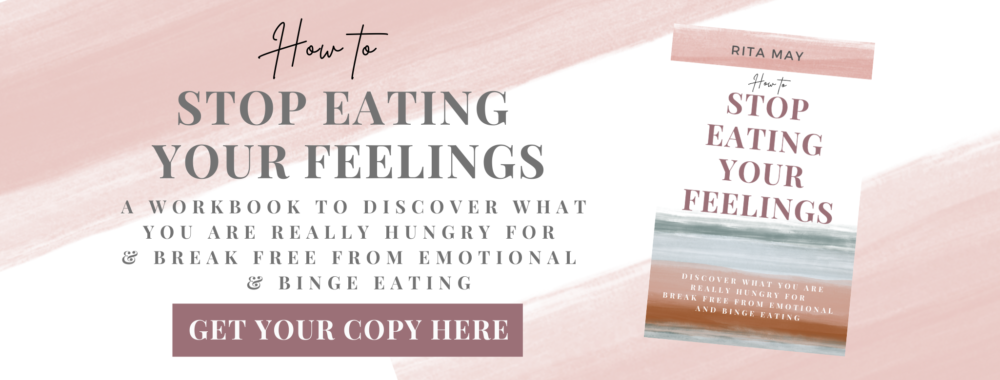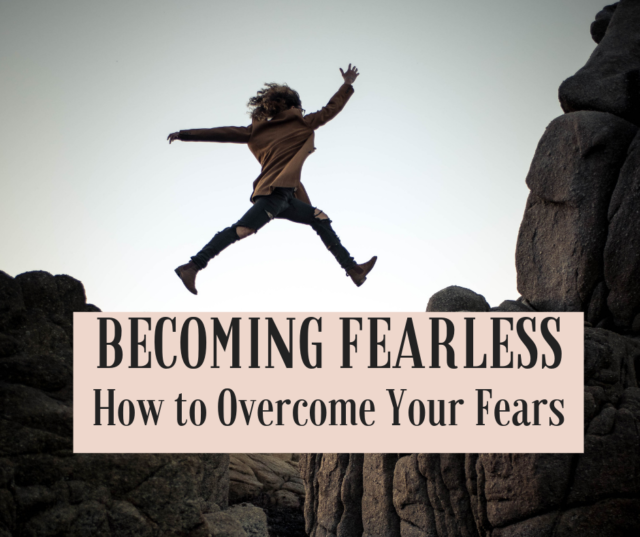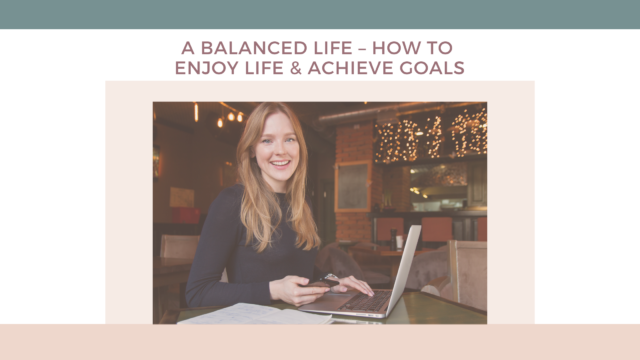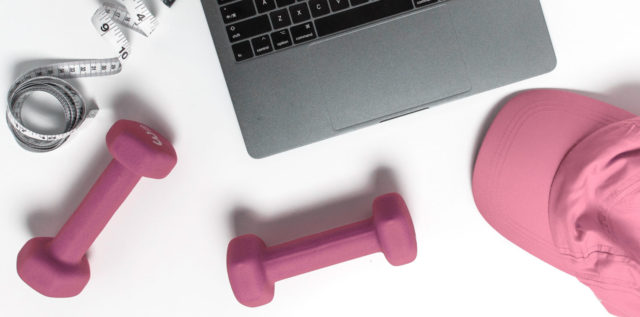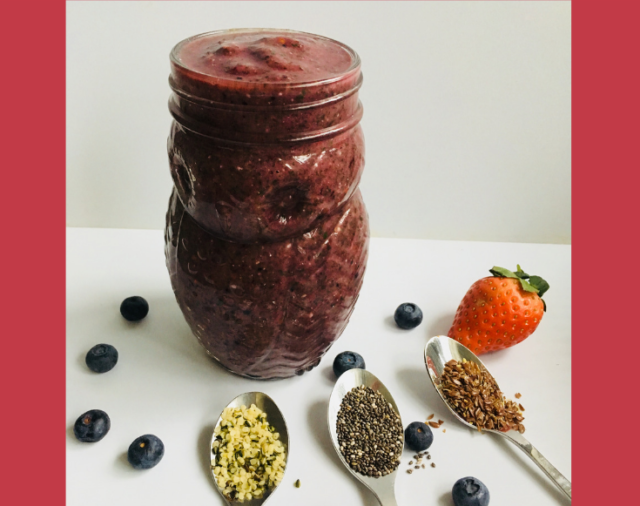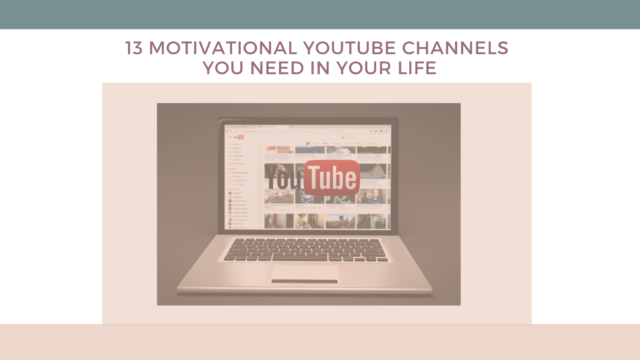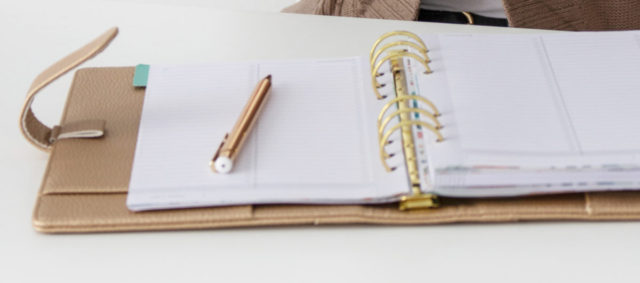Optimizing our environment (using interior design principles) is a powerful tool to help us develop new habits.
I work with my clients to change on six levels to break free from emotional and binge eating. One of the levels is their environment.
When I worked with Adriana Gómez Navarro, Holistic Interior Designer, on her eating habits, she had brilliant ideas about making small changes in her home to help her build the new eating and thinking habits I taught her.
I loved her ideas so much that I asked her to write a guest post about them so you can benefit from her tips too.
Check out her post below about how to use Interior Design to help you break free from emotional eating.
Interior Design to help you break free from emotional eating
My name is Adriana Gómez Navarro, and I am a holistic interior designer. Beyond creating beautiful spaces, my work is about well-being and designing for the changes people want to see in their lives. We shape environments, and then as we live in our spaces, the environment shapes us back.
I met Rita a couple of years ago and loved her guidance while reviewing my habits and impulses around food. We both agree that forcing new habits doesn’t work. Instead, it’s best to flow towards desired outcomes. We both help our clients look at their experience to identify, in their armour of beliefs, why they are stuck in bad habits that don’t allow them to have the life they want.
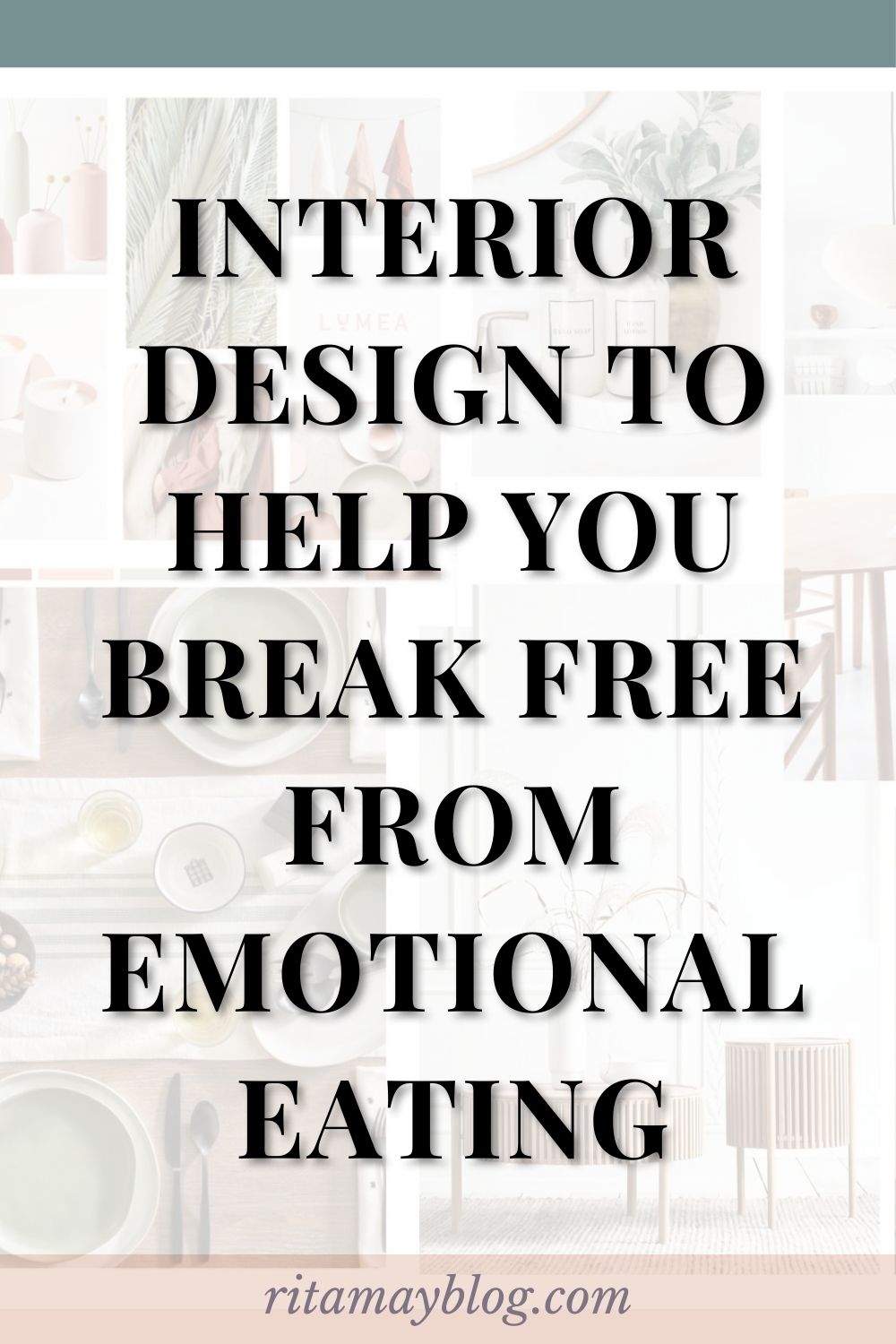
What does Emotional Eating look like?
We think we’re talking about food, but it’s really about our body’s physiology. We eat to satisfy chemical impulses. We do this mechanically and systematically since we learned to control negative emotions early in life. When we feel anxiety, a release of dopamine (the hormone of pleasure and reward) restores our sense of balance; eating it’s one of the quickest and most effective solutions.
Sadly, our inner child failed to learn to deal with emotions healthily. Thus most of us live with a cocktail of unresolved emotions. That is why we are stuck with bad eating habits (and most likely some other self-sabotaging practices).
Working with Rita is about deciding to intervene in the dopamine loop, face negative emotions, and take an honest look at ourselves to step out of our systemised past and become our best version.
Destined to live in the past (unless we choose not to)
We are neurologically wired to live in the loop of bad eating habits. In his book, Breaking the Habit of Being Yourself, Joe Dispenza says that we repeat 98% of our thought processes from one day to the next. We don’t think very intentionally because we already have a program that channels our behaviour into repetition.
Rita has excellent tools to help us observe our program for eating and understand what derails us from being healthier. Nevertheless, it’s up to us to ground our intention and focus on doing the work of becoming healthier. That’s why it’s hard!
To make things easier, you can invite change into your space. Interior Design can actually help you get in the flow!
- You can design for your senses and emotions; signal to your subconscious that new things are happening to you!
- Changing your home can also help regulate your physiology. Because everything is connected inside of us, you may find that organising a closet can impact your desire to eat healthier later in the day. Dopamine is also the hormone for motivation; you can leverage it with a systemic approach.
- James Clear in Atomic Habits also mentions the importance of stacking habits to get momentum; space can help you flow from one healthy initiative to the next.

Four Possible Ways to Intervene in Space
The following suggestions support Rita’s program but can also be done to practice flow change in our lives. They are low-cost solutions for playfulness and experimentation. Furthermore, while you shift things in your home, you will also fortify your sense of style. Of course, expanding and investing in a Holistic Interior Design transformation is always great!
Layer 1: Living in Awareness. Let space tell you that change is actually happening.
Change the overall layout of the spaces you inhabit. This will disrupt the program that runs in your mind. Consider removing furniture; we tend to accumulate. If you suffer from attachment to all your stuff, practice (if you have alternative storage) putting some things away temporarily. Choose pieces that don’t modify warmth and cosiness.
- Change in space will shake you out of the automatised thinking, helping you ground in the present moment.
- Energy for motivation. As soon as you move your layout, your space’s energy will change (the effect may last a few weeks). If and when your motivation loses momentum, move things again!
- Symbols: Prioritise images and objects that communicate good and healthy vibes. Revise memorabilia that may trigger negative thinking. Check how your inner critic may be reinforcing its talk in space.
- Emotional value: Marie Kondo says; if you touch it and feel the love, it stays. If you don’t, it has got to leave. Make an emotional clean-up. Love a lot with less; decoration serves positive validation and style, and there is confidence in simplicity.
- Neatness: Feng Shui warns about keeping clutter, damaged and broken things. These build up negative narratives in your subconscious. Resolve the broken portrait that keeps falling apart! Straighten things, clear surfaces, and untangle cables.
- Organisation: Allow clarity for the mind with less stimulus. Decreasing visual noise makes it easier to concentrate on revising emotions and triggers as they spontaneously occur. It also helps with procrastination.
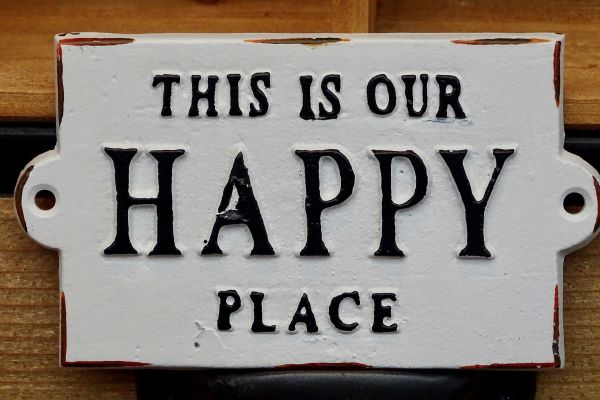
Layer 2: But, who are you planning to become? How does that person live?
Create disruption and become your new you by making adjustments in your home with what you already have.
Your home is a projection of whom you will become:
- Flow: How will you move in space? The less furniture you have, the more space you have for movement. Visualise yourself being more agile in space; what can you move or remove to experience that?
- Simplification: Your new self will be happier having processed all those hidden triggers that had her/him eating. Your mind will be happier with less load; this is how your space should look.
- Weight (inventory of stuff). Getting rid of things we don’t need may be an insightful metaphor for losing weight. Invest time in clearing your storage, closets and old decoration. Live lighter, be lighter.
- Freshness: revitalise and enhance spaces with fresh scents. The right fragrance speaks of luxury in a nuanced and elegant way. Starting an emotional eating program is about self-love. Reinforce the love and celebrate yourself with some luxury!

Layer 3: Rituals are a holistic experience that will help you build on the new you. Honour the present moment and your power to choose.
- Rituals for self-love: set the tone of how you will dialogue with your inner critic. (Put some flowers on your desk that symbolise your new start. Or light a scented candle.)
- Rituals for rewards: Validate who you have become already. Appreciate your achievements in making them visual. You can choose any object that has some value to you, touch it and energise it with what it means to you. Place it where you can see it often.
- Rituals for growth: to release emotions and energy. Burn sage to clean space and meditate on being the new you. I also like to hold a stone in my hand occasionally while I work.
- Rituals for the new you: design your eating experience. Change your eating mats. Buy napkins that remind you to eat slowly. It’s about modifying your systematic impulses with sensory input. Simultaneously, you will be triggered to discover nuances in the new you (like enjoying new recipes and trying new things. Reinventing your cooking experience altogether).

Layer 4: Transitory Guidelines
Do you know how many decisions you make when travelling by plane? From when you arrive at the airport until when you leave the airport at your final destination, you get to choose what you drink during the service on the flight. That’s it.
Airports are designed to channel human behaviour, and we respond smoothly at every queue. There are tapes, signs, front desks, screens and clear instructions. Space is automatised almost 100 per cent.
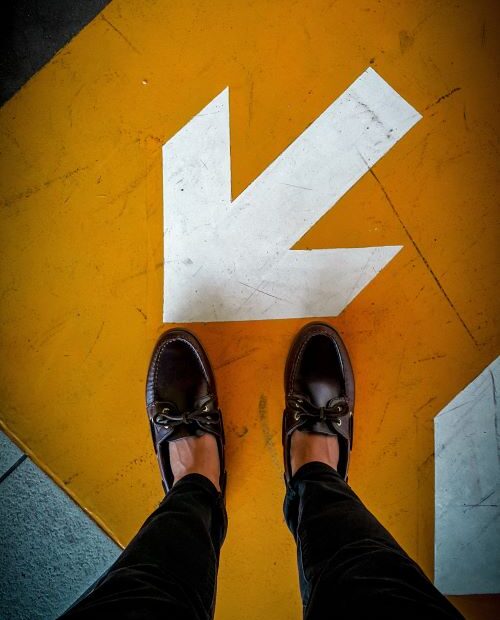
You can ground Intention in your home.
Try stickers, images or tape to place temporary marks to guide your behaviour. These should have clear instructions and/or suggestions.
Place them strategically (focal points where your eyes land when you move and flow). Design for the new thinking program. These will help you pause, decelerate your mind and be present:
- On your bathroom mirror. As soon as you awake and look at yourself, you will find a mark saying you are living a healthy routine. You will be practising being calm regardless of what happens during the day. You may be triggered eventually, but you will be better prepared if you raise awareness. You can try images instead of marks. They speak louder.
- In the kitchen. Place a mark on the refrigerator door and in areas where you find food. The mark reminds you that you are channelling your new behaviour for conscious instead of impulsive eating.
- Put signs so you have handy the strategies you choose to channel cravings and derail impulsive behaviour.
- Remember that cravings last some minutes!
- Remember to breathe to calm your nervous system!
- Remember your new you!
- Put marks on your cell phone and your workspace. Look for the places where your eyes will often land to make you conscious of your process. You are not alone. You are inviting Rita into your space as you place these marks. Rely on her empathy.
- At some point, I put thick tape on the floor to become conscious of my steps as I walked to the kitchen. Was it an impulsive walk? Or is it just the walk of my new me?
- Make your progress visible: create a mood board on a wall, record your achievements and be gentle with yourself.
Get visual and tactile if you are doing NLP and exercises to work on anxiety. Place a circle on the floor where you will stand up to release energy and anxiety. Place another to meditate for a minute.
Reward yourself every time you beat a craving, and add a mark in a habit tracker every time you release an emotional blockage to see your progress.

Conclusion
Working with all these layers is a great tool to stop running on our systematised program. Trust the environment shaping you back. You can make as many changes as you feel like and flow in new ways.
Changing your home or workspace is like soaking your identity in a safe and energised environment where you can loosen up. You will also discover how versatile your home can be and how art can nurture you in whatever new intention you have.
* Beware, your brain will integrate stimulus, becoming automatised and indifferent after some weeks. Redesign by changing colours and placements of signal a new phase. Reframe your strategy and design the next round of behavioural modifiers.
